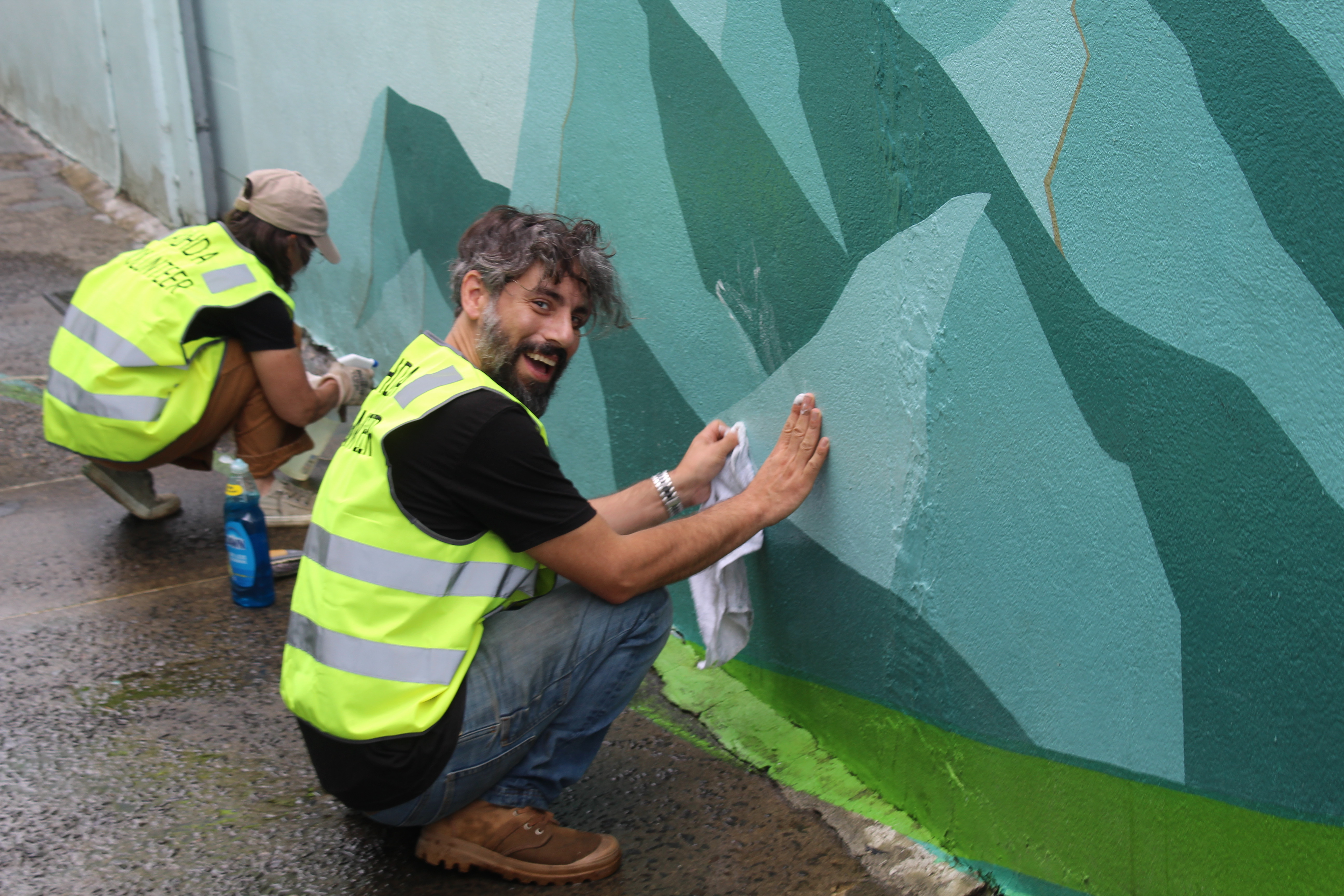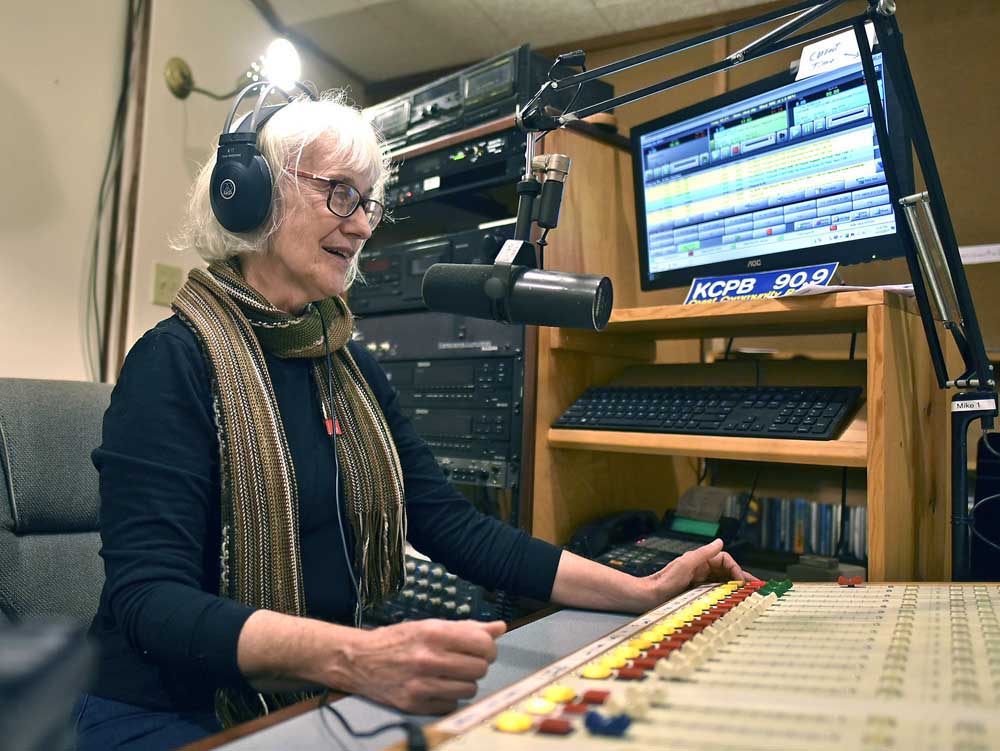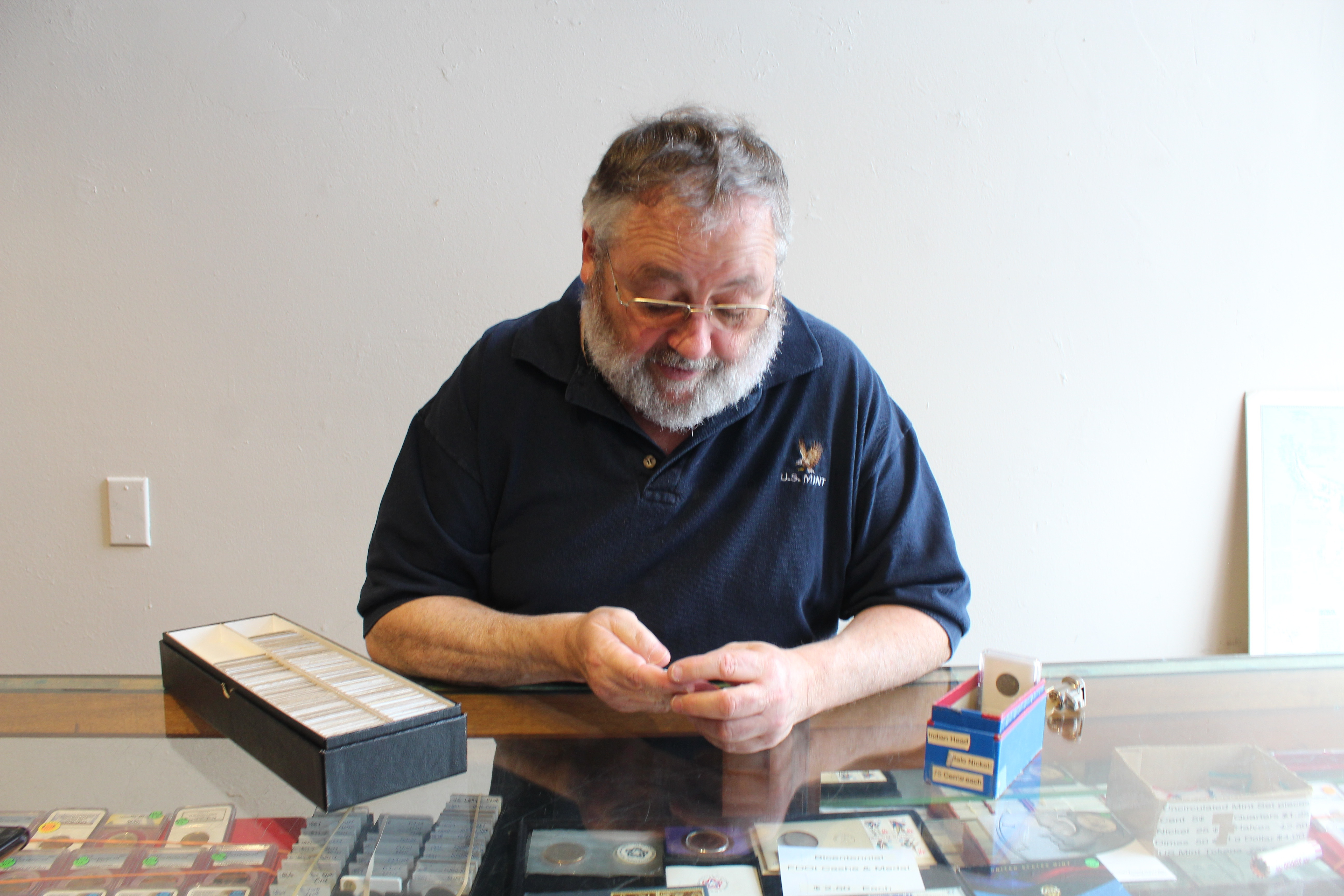Behind the News: ‘It’s neither productive nor humane to criminalize homelessness’
Published 12:30 am Saturday, October 30, 2021

- Teresa Barnes is the executive director of the Astoria Warming Center.
The Astoria Warming Center exists to help prevent people from dying on the streets in the cold.
Trending
The emergency shelter at First United Methodist Church above downtown is not meant to solve homelessness. With a 90-day limit on operations — and a pandemic capacity of just over two dozen — the shelter is a temporary, low-barrier alternative to sleeping outside during the wintry months.
But the warming center is often a focal point of policy discussions because of the city’s lack of progress on homelessness.
“In the 20 years that I’ve been in Astoria, I’ve seen our unsheltered population grow from a few individuals that we all knew as friends and neighbors, to a large group that are increasingly marginalized and portrayed as outsiders,” said Teresa Barnes, the warming center’s new executive director. “Being a resident of this community doesn’t have an income requirement; making sure that everyone here has their basic needs met adds to the quality of life for all of us.
Trending
“Our solutions to homelessness need to be targeted — if people are having a mental health crisis, then we need trained mental health care workers responding to them. If people are actually having a crisis of having nowhere they can legally exist, we need to take down the barriers to organizations like the Astoria Warming Center that are actively working to provide that.”
A former landscaper, Barnes volunteered at the warming center before taking on a leadership role. She is pursuing a bachelor’s degree in social work from Portland State University.
In an interview, Barnes discussed her vision for the warming center, government restrictions on homelessness and what she believes is the most targeted way to make a difference.
Q: What is your vision for the warming center?
A: Our current mission is very specific: It’s to keep unsheltered people from dying on the streets during severe winter weather, which is obviously extremely important, but also somewhat limiting.
We want to be able to do more than that, because more than that is needed. So I think that collaborating with other agencies, collaborating with our local government, to create a more holistic response to homelessness is what I see the work being moving forward.
Q: The 9th U.S. Circuit Court of Appeals ruling in Martin v. City of Boise and Oregon law restricts cities from prohibiting homeless people from camping in public places if there are no adequate shelter beds available. Do you think Astoria should pursue a year-round homeless shelter?
A: Absolutely.
I think that we need a year-round homeless shelter, and I think that we need a multipronged approach to dealing with this. There are many causes for homelessness, so I think there are many solutions for homelessness.
I think that we need transitional housing. I think that we need a year-round shelter. And I also think that we need to directly work on providing housing to people.
The least expensive solution to dealing with homelessness is to provide housing, which was a very surprising thing to me in researching homelessness.
Q: Before the coronavirus pandemic, Astoria was considering chronic nuisance and exclusion zone ordinances to discourage bad behavior from homeless people. What are your thoughts on these approaches?
A: It’s really important to think about the long-term effects of banning people from certain areas.
I think, especially, in Astoria, when we think about banning somebody from, say, the downtown area, you are banning people from all of the service providers. You’re banning people from the areas where they would get free food, where they would be connected with the resources, where they would be connected with housing options.
I also just think that it’s neither productive nor humane to criminalize homelessness. It just isn’t an effective approach — that we’re spending money to fine people that don’t have money.
Q: Each year, the behavior of a small number of people accounts for hundreds of calls to Astoria police. Many are crisis response calls linked to issues such as homelessness, mental illness and substance abuse. How should the city respond to this challenge?
A: I think this definitely ties in with the last response: Considering what is productive. Considering what is the best use of taxpayer money.
And it costs so much money to have police continually engaging with people. And it doesn’t solve the underlying problem.
The underlying problem is people needing resources and not being able to access those. It’s a lot more expensive to have the police dealing with people in crisis and just shuffling people between different agencies.
I think of someone having to go into the hospital. The hospital is a huge bill. Someone going into the hospital for trench foot is so much more expensive to taxpayers than purchasing someone a pair of shoes. Someone getting shuffled between courts and jails is so much more expensive than just providing housing.
Q: What is the one thing you have learned about homelessness you wish more people knew?
A: The biggest thing that I have learned as I started doing this officially — not just as a volunteer, not just as a neighbor to our unhoused residents — is that the most targeted, least expensive, way to deal with homelessness is to provide housing.
I went into this thinking that I was going to have to figure out how to encourage people to spend more money on shelters. How am I going to rally people to be willing to spend more money on shelters? And I was surprised to learn that ‘doing nothing’ about homelessness is so much more expensive than providing housing.
I also think that the amount of hurdles, the amount of legal hurdles, to being able to provide services, specifically to provide overnight shelter — I don’t think the general public is aware of how many people are trying to work on this.
It’s going to take the collaboration of our community members, of our government and of our agencies.
I talked to a friend who had worked with Eugene’s tiny home projects. She bought me the book, ‘Tent City Urbanism,’ which is great. And I asked her what she thought we needed to do here. Should we focus on a year-round shelter? Should we focus on transitional housing? Should we focus on permanent supportive housing?
And she said, ‘All of them.’
It’s going to take all of those things. We have around a thousand unhoused residents in Clatsop County. The warming center can’t do it alone, and we’re not trying to do it alone. We absolutely want to collaborate with everyone else in this region who is trying to solve homelessness.
• Next Saturday: Astoria Police Chief Geoff Spalding discusses homelessness.









